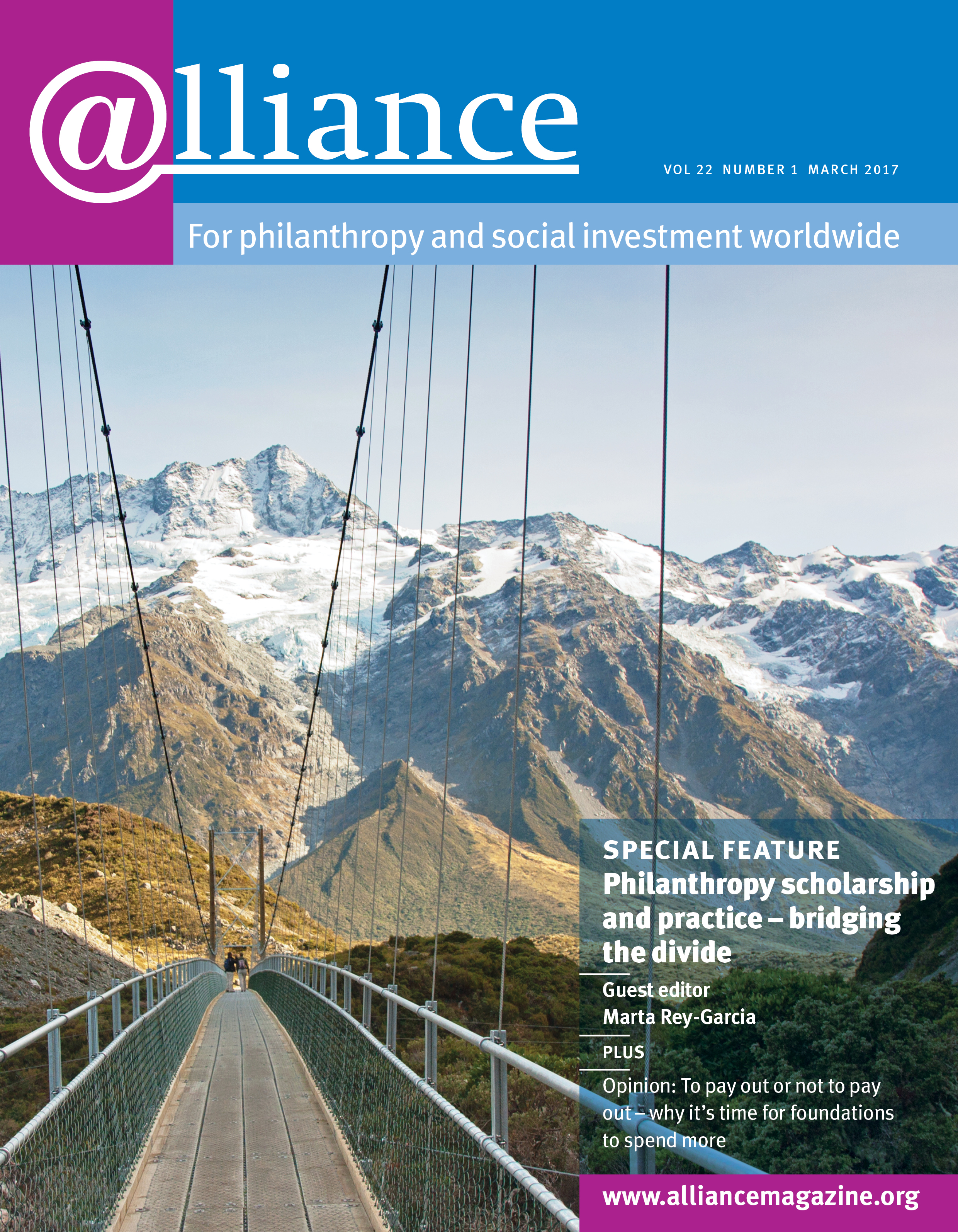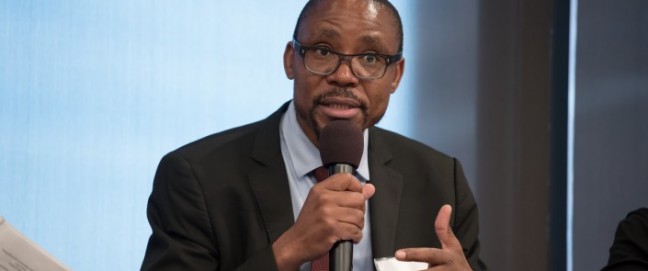Perhaps because philanthropic gifts do not seem to be the central stuff of politics and public policy, most political scientists – until recently – have left this domain to sociologists, anthropologists and students of non–profits based in centres focused on studying philanthropy. Our discipline’s reticence about philanthropy is especially ironic in the US since subsidized philanthropy is literally at the heart of American public policy.
Years ago, Jack Walker and Jeffery Berry, among others, signalled the importance of US foundation patronage to the explosive growth of public-interest advocacy groups and social movements in post-1950s America.
However, in this early work, wealthy patrons and foundations were treated mainly as ‘black box’ sources of funding to replace the reliance of early US voluntary associations on dues collected from millions of ordinary members. In political science at least, not much attention was given to the philanthropists, their aims, modes of organization, and policy impact.
Never have so many individuals publicly and privately pledged to donate so much money to public causes – and never have they had as much organizational capacity for doing so.

On issues such as taxes, climate change, health reform, and the role of government generally, politically active, wealthy philanthropists are fuelling partisan polarization.
However, that is changing now. As this intriguing symposium shows, political scientists are questioning how philanthropic institutions and networks operate; probing their contributions to public agendas, policy battles and partisan polarization; and asking pointed, normative questions about the influence of tax-subsidized ‘fat cat’ philanthropy on inequality and democracy.
As Kristin Goss argues, wealthy people are taking an ever-stronger interest in political advocacy and policy causes – and they are doing so not only as individuals but also through professionally-run foundations and organized consortia of major donors who seek to influence public agendas. Never have so many individuals publicly and privately pledged to donate so much money to public causes – and never have they had as much organizational capacity for doing so.
Through advocacy organizations and private foundations, these billionaire ‘issue entrepreneurs’ and others like them engage in every stage of the policy process: formulating and amplifying ideas, creating policy networks with common goals, and pushing coordinated reform agendas.
Moreover, in the growing arenas of political philanthropy, the unabashed promotion of ideological and partisan agendas often is the order of the day for donor groups. On the Left, the Democracy Alliance channels tens of millions each year to many liberal advocacy groups. On the Right, the ‘Koch seminars’ led by Charles and David Koch convene wealthy conservatives twice a year to discuss strategies for change.
They raise and direct hundreds of millions annually to an interrelated array of educational, policy-advocacy, electoral and constituency-building efforts. On issues such as taxes, climate change, health reform, and the role of government generally, politically active, wealthy philanthropists are fuelling partisan polarization and, in key instances, influencing policy agendas toward the ultra-free-market Right.
Moreover, in the growing arenas of political philanthropy, the unabashed promotion of ideological and partisan agendas often is the order of the day for donor groups.
This kind of influence may also be happening subconsciously, as well as consciously. Steven Teles draws on James Q Wilson’s classic work2 about political organizations to highlight the routines that foundations use to establish legitimacy and monitor grantees. Organizational routines matter, especially when they are used to disburse funding in enormous amounts to advocacy organizations. The routines that foundations follow will permeate the goals and routines of grantees – even if the net result is to cause most groups to neglect their substantive missions and focus instead on the short term, as they scramble to apply for their next foundation grants.
As Teles suggests, foundation practices promoting short-term, fragmented public efforts may exert substantial influence on liberal groups in US civic life. If so, the net result may be to bias overall partisan competition and policy debates toward the Right. Because this very well may have happened without foundations or individual donors intending such effects, Teles’ work underlines the importance of looking at the ‘big picture’ and overall organizational dynamics – not only crediting what individual philanthropists say they want to accomplish.
The routines that foundations follow will permeate the goals and routines of grantees – even if the net result is to cause most groups to neglect their substantive missions and focus instead on the short term, as they scramble to apply for their next foundation grants.
In summary, this symposium opens a rich new agenda for empirical political science, challenging students of US politics in particular to bring the ‘big picture’ of organized philanthropy into sharper focus. Studies of rising inequality, declining democratic accountability, and asymmetric partisan polarization are at the forefront in cutting-edge political science. However, none of these transformations can be fully understood without bringing organized philanthropy into the analysis.
Normative political theorists also have much to gain from a more sophisticated focus on philanthropy and its effects. The proper role of foundations in a democracy is ripe for ethical exploration. Critics argue that privileging private philanthropy does little to reduce economic inequality – and actually may exacerbate it – because most private foundations and charities do not help the poor.
There was a time when bipartisan US foundations encouraged experimentation in ideas and the search for policy solutions to problems the majority wanted to solve. Those days are gone.
Moreover, giving so much authority over vital civic resources to wealthy donors undermines democratic governance in many ways. On the other side, as Rob Reich points out, a case can be made that wealthy private philanthropy encourages innovation and experimentation – thereby furthering pluralistic creativity in American democracy.
Personally, I am not persuaded by Reich’s case. There was a time when bipartisan US foundations encouraged experimentation in ideas and the search for policy solutions to problems the majority wanted to solve. Those days are gone, in our era of widening economic inequalities, partisan polarization and fierce political efforts to undermine any semblance of public problem solving. In my view, many of the empirical contributions to this symposium raise searing questions about the normative arguments that Reich makes in support of a strong role for private foundations in contemporary American democracy.
However, this is simply how I read the symposium. Others can and should read it for themselves and come to different conclusions. Healthy research fields thrive from discussion and arguments. What all of us in political science can surely agree to, however, is that the time has come for much more robust research on the political roots and results of organized private philanthropy. The contributors to this vibrant symposium show the way forward.
Theda Skocpol is Victor S. Thomas professor of government and sociology, Harvard University. Email skocpol@fas.harvard.edu







Comments (0)